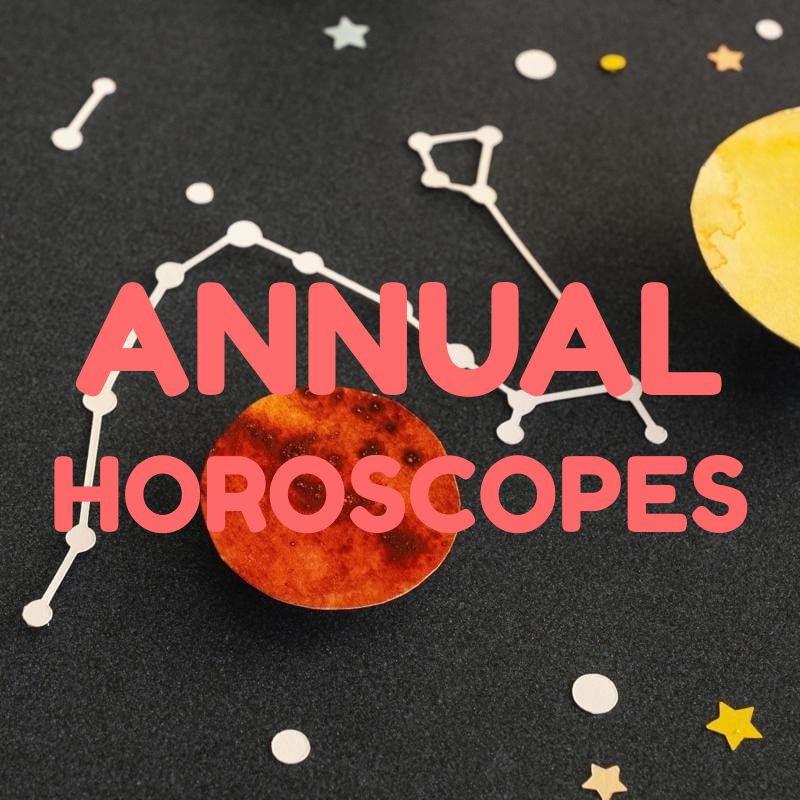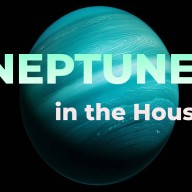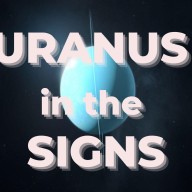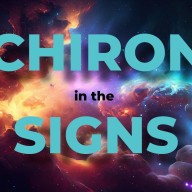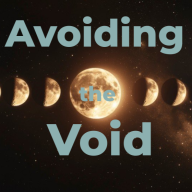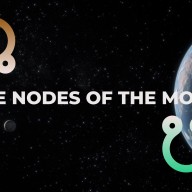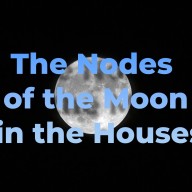With a nickname like "the planet of destruction," Pluto initially comes across as a perilous planet. And it's true that Pluto's position in the sky or a birth chart can represent unsavoury qualities that we would rather hide than face. Hidden in the darkness lies our obsessions, control issues, relationship with violence, death, disempowerment, and even power struggles.
But Pluto also oversees metamorphosis or transformation. The planet shines a light on things that are no longer working, encouraging us to throw out outdated beliefs or behaviours and grow into new, better ones instead. The idea of going within to get out is amplified by Plutonic energy since this deeply introspective transit encourages us to face our shadow side to come out empowered, in control, and self-aware. But the changes that Pluto brings aren't in your face. The tiny planet is very, very far away from us on Earth. Its effects can seem subtle and even subconscious — but like a pot that boils over, the brooding energy can eventually reach more extreme heights

Astronomical facts
Pluto was discovered by Clyde Tombaugh in 1930 and was originally considered to be the ninth planet from the Sun. After 1992, its status as a planet was questioned following the discovery of several objects of similar size in the Kuiper belt. In 2005, Eris, a dwarf planet in the scattered disc which is 27% more massive than Pluto, was discovered. This led the International Astronomical Union (IAU) to define the term "planet" formally in 2006, during their 26th General Assembly. That definition excluded Pluto and reclassified it as a dwarf planet. That demotion is irrelevant to astrologers. Astrologers believe that Pluto possesses the power of transformation, and nothing’s going to change that.
Pluto is small, rocky, and so mysterious that astronomers aren’t sure what to make of it. Its elongated orbit, which is tilted to the rest of the solar system, overlaps the orbit of Neptune. As a result, from 1979 to 1999, Pluto was closer to the Sun than Neptune. Pluto’s major moon, Charon, is so relatively large that some astronomers classified Pluto as a double planet. (That was before they decided it was a dwarf.) Other astronomers believed it to be an asteroid far away from home, a chunk of rock left over from the creation of the solar system, or a renegade moon that once belonged to Neptune. Regardless of its classification, astrologers agree that Pluto represents something profound in human nature.
Poor Pluto’s demotion
When it was discovered, Pluto was hailed as the ninth planet. Since then, astronomers have discovered many small, icy, celestial objects orbiting the Sun. And so they’ve begun to rethink what it means to be a planet. Is it enough to simply orbit the Sun? Well, no. After all, asteroids revolve around the Sun, as do comets. Is it enough to be above a certain size? Or to orbit the Sun from within the plane of the solar system? By those standards, Pluto doesn’t qualify. It’s small, its orbit is tilted, and it has a peculiar gravitational relationship to its largest moon.
As a result, Pluto, the most idiosyncratic of the traditional planets, has been demoted. In 2006, astronomers dubbed it a “dwarf planet” and turned their backs on it. Astrologers are sticking with it. Okay, maybe Pluto, which is slightly smaller than our Moon, isn’t as imposing as the other planets. Size isn’t everything. Besides, Pluto isn’t the only small object that astrologers heed. Another such body is Chiron, which wasn’t discovered until 1977 and is now routinely incorporated into natal charts.
Understanding Pluto in Astrology
In classical mythology, Pluto (Hades to the Greeks) was the god of the underworld, the king of the dead, and the god of wealth, reflecting the fact that gold, silver, and precious gems are found buried in the earth. Virtually every major character in mythology undertakes a journey to the underworld, which represents the darkest, most fear-laden part of the psyche. The return to the land of the living suggests renewal and transformation.
Thus, to astrologers, Pluto represents death, regeneration, and rebirth. He destroys, purifies, purges, and renews, bestowing consciousness on that which has been hidden and ultimately bringing transformation.
Pluto often manifests as the “hand of destiny”, since it not only suggests that we separate ourselves from elements in our lives which are no longer necessary: it forces us to make such separations, so that the next steps we take in our lives may have meaning. To define a term such as “fate” may be risky indeed, but let’s have a go at it: Fate is the result of unconscious wishes and intentions which have been projected from our inner self into the realm of outer personal experience, and which have originally been formed by the psyche in order to assure the possibility of full self-realisation. The process can be tedious because Pluto moves at a glacial speed and its path is strewn with obstacles. But the rewards are life-changing.
Pluto is the seduction or corruption of others, causing them to be addicted to us. He is the thirst for power, money, and coitus. Pluto symbolises the Structure, the System, and Corruption. He is the lust for dominance. For such dominance we may utilise dubious and obscure methods.
The symbol of Pluto: ![]()
Pluto’s symbol is a small circle held within a crescent and balanced on a cross. Pluto rules the sign of Scorpio.
KEY-WORDS
Transformation, Change.
Pluto in the Signs
Pluto’s placement by sign determines the deepest obsessions of your generation as well as the style with which you approach transforming life events. You can read more about Pluto in the Signs here!
Pluto in the Houses
The house that tiny Pluto occupies in your natal chart determines the area in life where you’re most likely to experience obsession and transformation. You can read more about Pluto in the Houses here!




